Regardless of how good you are at your job, soft skills will still make or break your CV. With most if not all job vacancies relying on teamwork and collaboration, soft skills have become ever more prevalent in job listings worldwide. According to 2021 reports, 97% of employers in the UK acknowledged that soft skills are key to business growth and success. Despite that 54% of employees have not added any such skills to their CVs for various reasons.
Some employees don’t know what “soft skills” are and as such, opt not to dabble in them whatsoever. Others lack certain skills or expertise which could be dubbed as “soft”, choosing to rely on hard skills, formal education, and professional experiences in their CVs. How can you benefit from learning these skills in 2022 to find great jobs at Jobs OneGlobe and start your new career more successfully?
What Exactly are Soft Skills?
Let’s start with the basics and talk about the concept before we discuss the benefits. Soft skills, according to Investopedia, are “traits and interpersonal skills that characterize a person’s relationships with other people”. In practice, these are all skills that are not directly related to a specific profession or job position but rather, they’re applicable universally.
Skills like “teamwork”, “project management”, or “resource management” are considered soft skills by employers and recruiters. They directly influence how you work with others and how well you’ll be able to adjust to a new work environment, new projects, and new duties over time. According to SHRM, 89% of hiring professionals stated that a lack of these skills is what ultimately led to them passing on many job candidates. Employers and recruiters who’ve paid closer attention to such skills during the hiring and mentoring experienced 41% longer employee tenures as a result.
Always keep in mind that looking for a job is a two-way street – employers are also looking for you and want to hire the best suitable candidates. While such skills are difficult to measure during a job interview, employers generally get a good feeling for one’s soft skills during the first 3 months of employment. Here is how you can benefit from devoting some time and attention to learning soft skills so that you can find great jobs and impress potential employers.
“Success seems to be connected with action. Successful people keep moving forward. They make mistakes, but they don’t quit.” – Conrad Hilton
1. Update your CV with Trending Skills and Know-How
Having a good CV will always mean the difference between being called for an interview or being passed up by employers and recruiters. By learning new skills which are unrelated to your profession but still revolve around teamwork, you’ll gain an upper hand.
Updating your CV with skills like “writing skills”, or “coaching/mentoring” will expand your value to different employers. As we’ve mentioned previously, this is because while you may be hired to work as a “programmer”, you’ll still need to collaborate with others, write emails, organize projects, etc. This is where the true value of soft skills lies both for your CV and for prospective employers who are looking for you.

2. Become More Versatile and Essential in your Workplace
Once you apply for a job, you want to make sure that the employer knows how valuable you can be to them. If you’re applying for a position of SEO specialist, what other things can you do besides manage your employer’s SEO? While it may come off as ungrateful from the job candidate’s perspective, adding as much value to your CV as possible is very important.
You aren’t just applying for a position of a graphic designer or a copywriter. You’re effectively becoming a part of a company, a part of a team, and a part of the business’ brand image. CEOs and recruiters want to know exactly who they’re adding to their staff – soft skills can illustrate how versatile you are at your job.
3. Soft Skills are Impossible to Automate with Technology
The reason why certain skills are favored over others by employers and recruiters is due to the increased automation we are experiencing in most major industries. Healthcare, finance, tech, and even creative industries are experiencing an influx of AI, Big Data, and blockchain technologies that are designed with automation in mind.
Soft skills cannot be automated and they are entirely rooted in character, intuition, and the so-called “gut feelings”. This is why many employers will pay more to have dynamic and well-versed professionals in their ranks. Learning these skills and listing them in your CV will help you stand out from the competition and turn the employers’ gaze toward you. In the age of AI technology, finding genuinely talented and passionate job candidates is proving to be a challenge – employers and recruiters know this very well.
“Life is a series of problem-solving opportunities. The problems you face will either defeat you or develop you depending on how you respond to them.” — Rick Warren
4. Become More Confident and Less Stressed at Work
Once you start learning more skills that are not strictly related to your job, you’ll become more confident in your abilities at work. For example, a colleague may ask you for help with a certain phase of the project “just in case you know how to do it”.
By learning skills related to project management, for example, you’ll be able to pitch in with more projects and gain the trust of your employer. This will make you a more confident and reliable individual at work, and a respected professional above all else. You’ll also feel less stressed and anxious when facing new projects or tasks which fall outside your profession’s jurisdiction.
5. Increase your Odds at Job Promotion
Finally, the best reason to work on your soft skills while applying for jobs is that you’ll become eligible for job promotions more easily. Depending on the size of the company you’re applying for, employers will often be on the lookout for individuals with certain leadership skills or managerial potential. While you’ll undoubtedly have to work hard for it, getting a job promotion isn’t outside the realm of possibility with the right soft skills.
Showcasing these skills in practice by solving work issues, helping your colleagues, and performing your job well will turn your employer’s attention to you. This can make your tenure in a specific company far more lucrative and you may want to stay there for the foreseeable future. For that to happen, however, all you need to do is start developing different skills and expertise in your spare time.
“An investment in your personal development is the best investment you can make.” – Jim Rohn
Putting your Soft Skills into Practice with Jobs OneGlobe
As you can see, learning and adding different skills to your CV can quite literally transform how you approach job applications. You can benefit from mentioning your skills in the cover letter you write for each job application as well. All you need to do for now is start learning.
If you like to work with others, reflect on your teamwork and interpersonal communication skills and work on improving them. If you’re more of an introvert, think about your analytical, management, and organization skills. Everyone is good at some skills and not as good at others – and that’s OK!
As long as you know to recognize your strengths and weaknesses, you won’t have any issues finding great jobs at Jobs OneGlobe. Start putting your skills to the test and see how different employers react to seeing them in your CV, cover letter, and during the interview itself.




Share
Facebook
Twitter
LinkedIn
Telegram
Tumblr
WhatsApp
VK
Mail